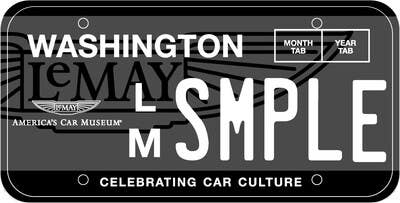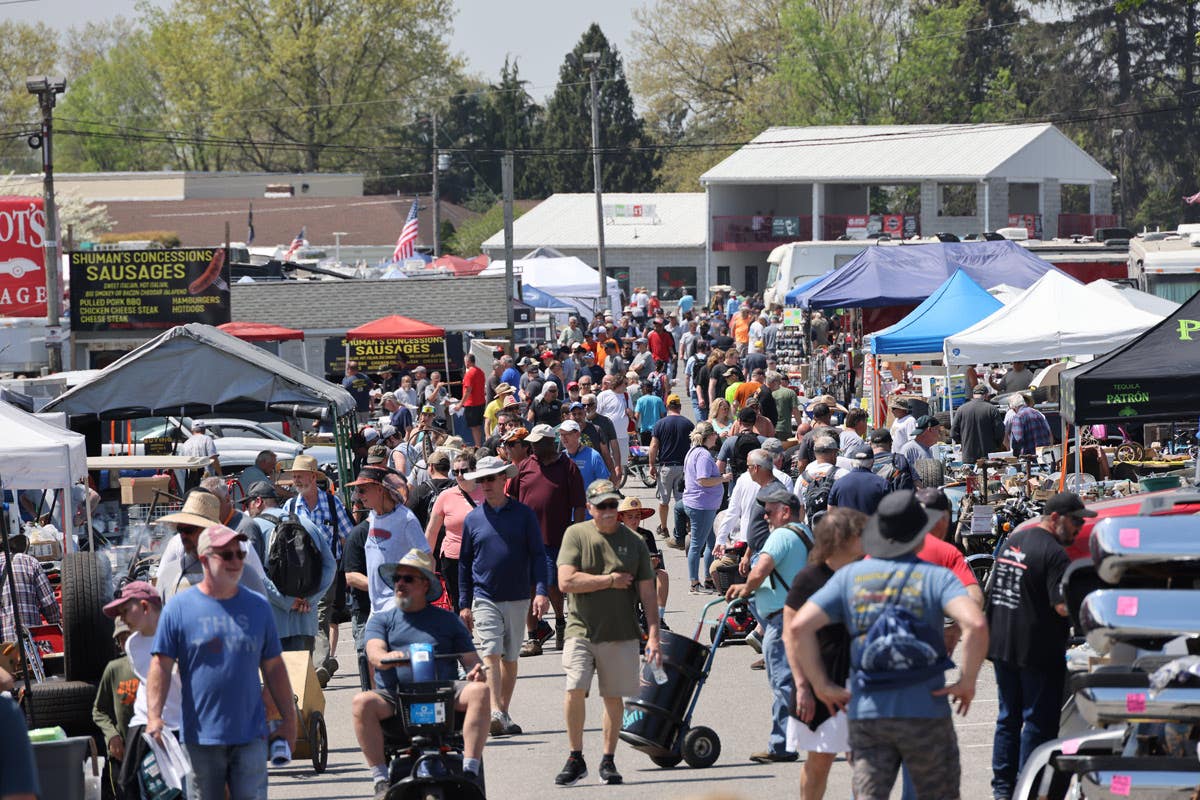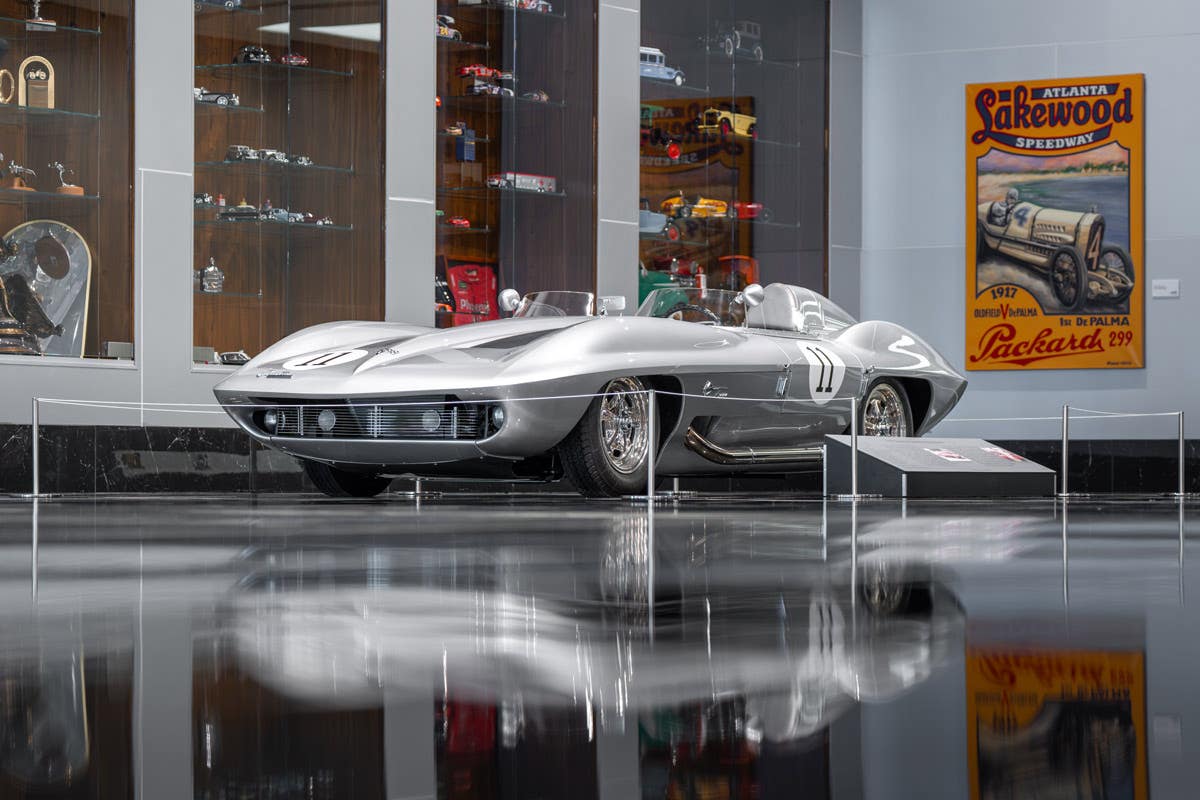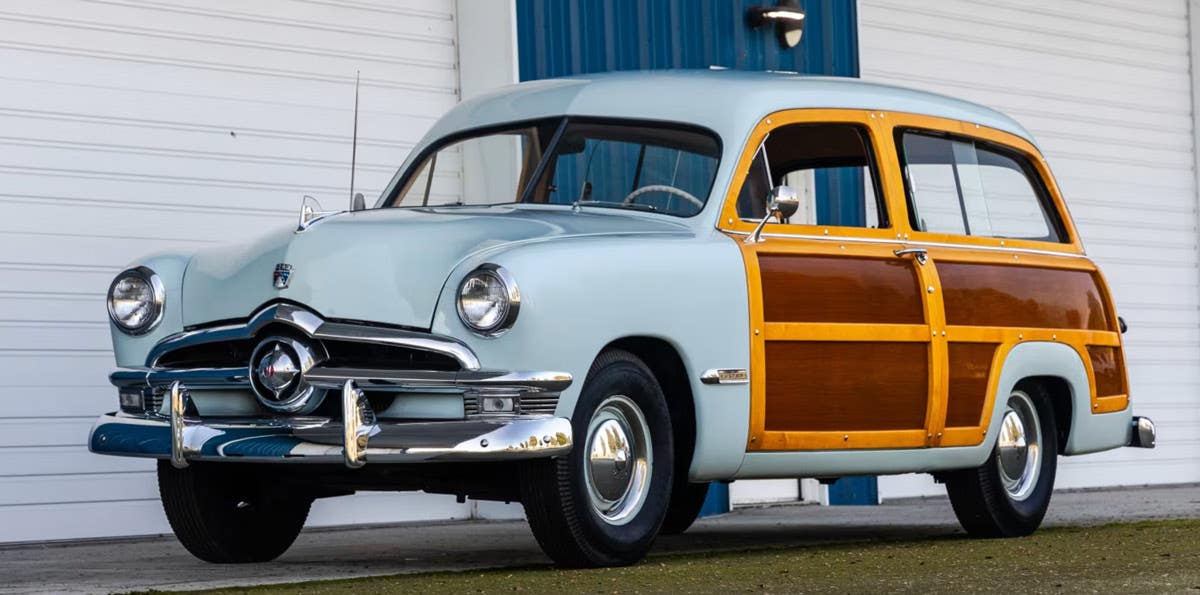Updates on automotive legislation January 2019
California Exhaust Noise Bill Goes into Effect California Assembly Bill (A.B.) 1824, which was signed into law by then-Governor Jerry Brown in June of 2018 went into effect on January…
California Exhaust Noise Bill Goes into Effect
California Assembly Bill (A.B.) 1824, which was signed into law by then-Governor Jerry Brown in June of 2018 went into effect on January 1, 2019. The bill has generated significant concern amongst the online enthusiast community. Despite what is being circulated, enactment of A.B. 1824 does not change existing laws pertaining to exhaust noise or sale and installation of aftermarket exhaust systems.
Under existing law, exhaust systems installed on motor vehicles with a manufacturer’s gross vehicle weight rating of less than 6,000 pounds, other than motorcycles, may not exceed a sound level of 95-decibels when tested under Society of Automotive Engineers (SAE) test procedure J1169 (May 1998). This was not changed by A.B. 1824.
A.B. 1824 amended how excess exhaust noise violations are handled by law enforcement. Beginning this year, a vehicle cited for violating the current exhaust noise law will no longer receive what is known as a “fix-it” ticket. Instead, violations will result in an immediate fine.
Consumers in receipt of a violation still have the option of seeking a certificate of compliance from the California Bureau of Automotive Repair (BAR) demonstrating that their exhaust emits no more than 95-decibels. This SEMA-sponsored program allows courts to dismiss citations for exhaust systems that have been tested and for which a certificate of compliance has been issued.
New York Legislation Dies for the Year as Legislature Adjourns
Several bills considered by the New York State Legislature in 2018 failed to be approved by both houses of the legislature prior to the adjournment of the session.
- Legislation (A.B. 2405) would have provided that historical vehicle owners only pay a one-time registration fee of $100 upon initial registration. A.B. 2405 failed to receive consideration in the Assembly Transportation Committee.
- Legislation (A.B. 6563) would have defined a street rod as an altered vehicle manufactured before 1949 and a custom as an altered vehicle at least 25 years old and manufactured after 1948. Under the bill, kit cars and replica vehicles would have been assigned a certificate of title bearing the same model year designation as the production vehicle they most closely resemble. The bill failed to receive consideration in the Assembly Transportation Committee.
- Legislation (A.B. 2791) would have established that only one license plate is required to be displayed on the rear of a motor vehicle; however, the bill failed to pass the Assembly Transportation Committee.
Ohio Humvee Legislation Dies as Legislature Adjourns
Legislation (S.B. 331/H.B. 710) was introduced that allows for the titling of High-Mobility Multipurpose Wheeled Vehicles as “historical motor vehicles”. “Historical motor vehicles” means a vehicle owned solely as a collector's item and for participation in club activities, exhibitions, tours, parades, and similar uses, but that in no event is used for general transportation. Under current law, HUMVEES are not able to be titled for any on-road use in the state. The bills failed to receive a vote in the House Committee on Transportation and Public and the Senate Committee on Transportation, Commerce, and Workforce. The bills may be carried-over for the 2019 legislative session.
Thank you to those who voiced support for these bills.







